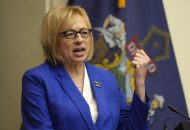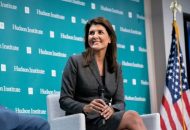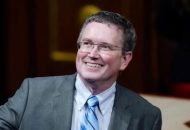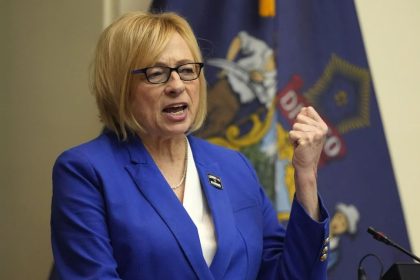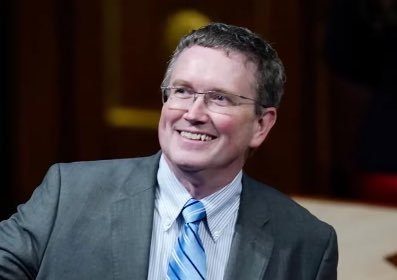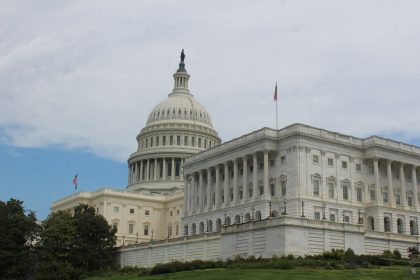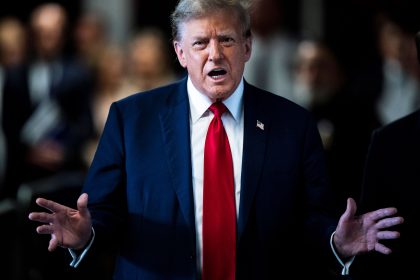Overwhelming Majority of Americans Concerned ‘Fake’ News Will Impact 2020 Election

An overwhelming majority of Americans — 82% — fear made-up news and other false reports about the candidates will undermine the 2020 presidential election, a new Pew Center study finds.
The report, released Wednesday, said nearly half of those survey participants, a full 48%, placed themselves in the highest category of being “very concerned.”
The analysis by the Pew Research Center’s Election News Pathways project, found concern is highest among people who follow political news most closely, older adults and those who display more knowledge about politics in general.
These findings are based on a survey of 12,043 U.S. adults who are members of the Center’s American Trends Panel, conducted from Oct. 29 to Nov. 11, 2019.
The issue of made-up news has already been a significant part of the coverage of the 2020 presidential race.
Perhaps related to that fact, the more closely people are following political and election news, the more likely they are to be very worried about the influence of false news on the 2020 election, the Center says.
In a similar vein, those who showed the greatest knowledge of politics and government, giving correct answers to a series of nine questions on the topic, expressed greater concern than those who got fewer correct.
The survey also found anxiety about the influence of made-up news on the election increases notably with age.
Only one-third of those ages 18 to 29 say they are very concerned about the prospect of made-up news affecting the election. But the percentage of those who are very concerned virtually doubles among respondents who are ages 65 and older (64%).
How closely someone follows political news is connected to other views related to the presidential election. In this case, the more closely people follow political news, the more likely they are to be concerned about made-up news impacting the election, the survey found.
Seventy-five percent of Americans following election news very closely are also very concerned about made-up information. That compares with about half of those following political news somewhat closely (49%) and one-third of those following it not too closely (33%). Roughly a quarter of those who say they are not following political news closely at all (23%) say they feel very concerned.
The nine questions posed related to general political knowledge, ranging from trends in the U.S. unemployment rate to which party is more supportive of a smaller federal government.
In looking at political knowledge alongside concerns about made-up news, Americans with high political knowledge express the greatest amount of concern about the influence of made-up news on the election, while those with low knowledge express the least.
Nearly two-thirds of those with high political knowledge (64%) say they are very concerned about the influence of made-up news on the 2020 election. That falls to 54% among those with mid-level knowledge and to 31% of those with low knowledge.
On the flip side, nearly three-in-ten of those with low political knowledge (28%) say they are not very or not at all concerned about made-up news impacting the election, four times as many as those with high knowledge (7%).









